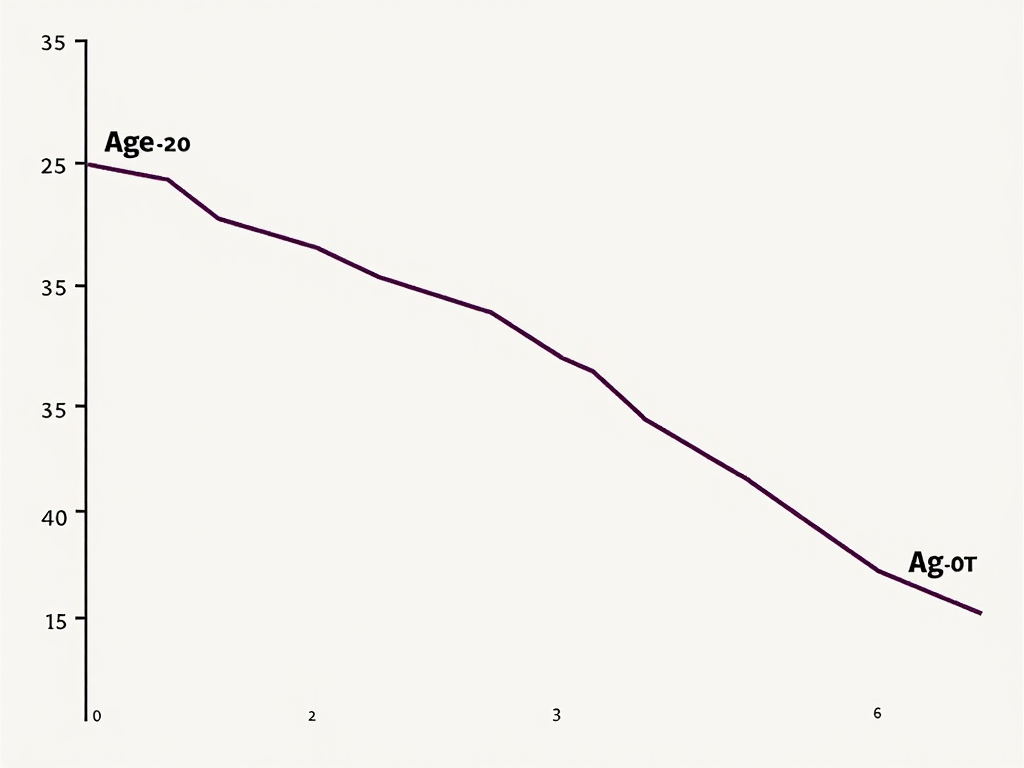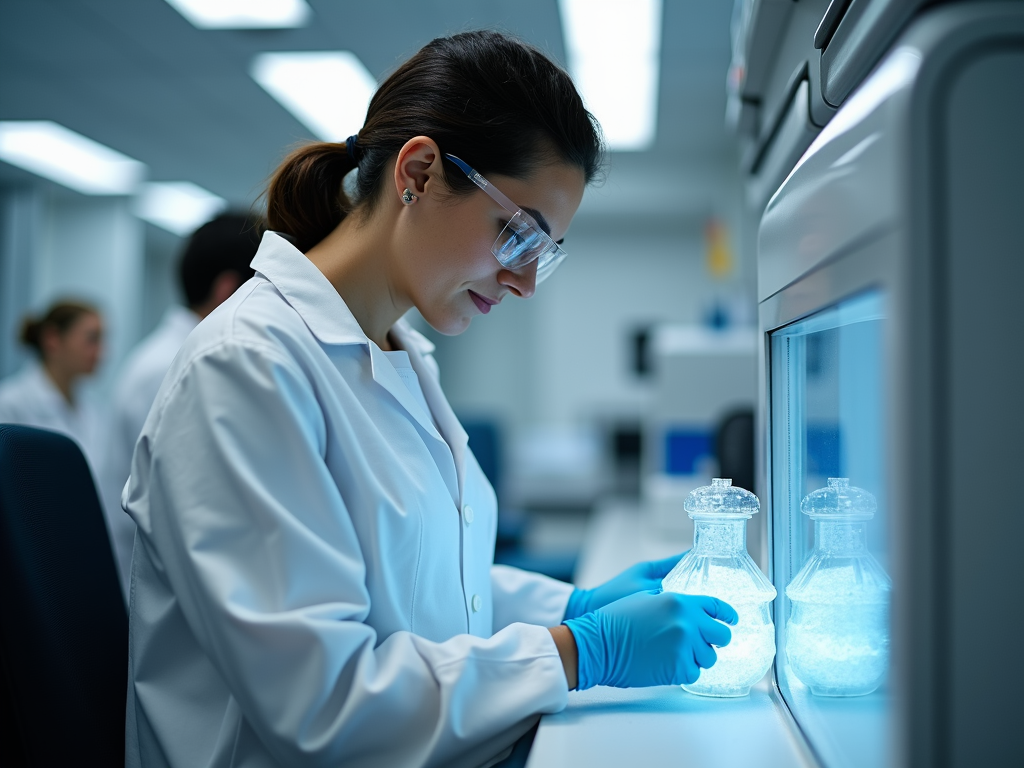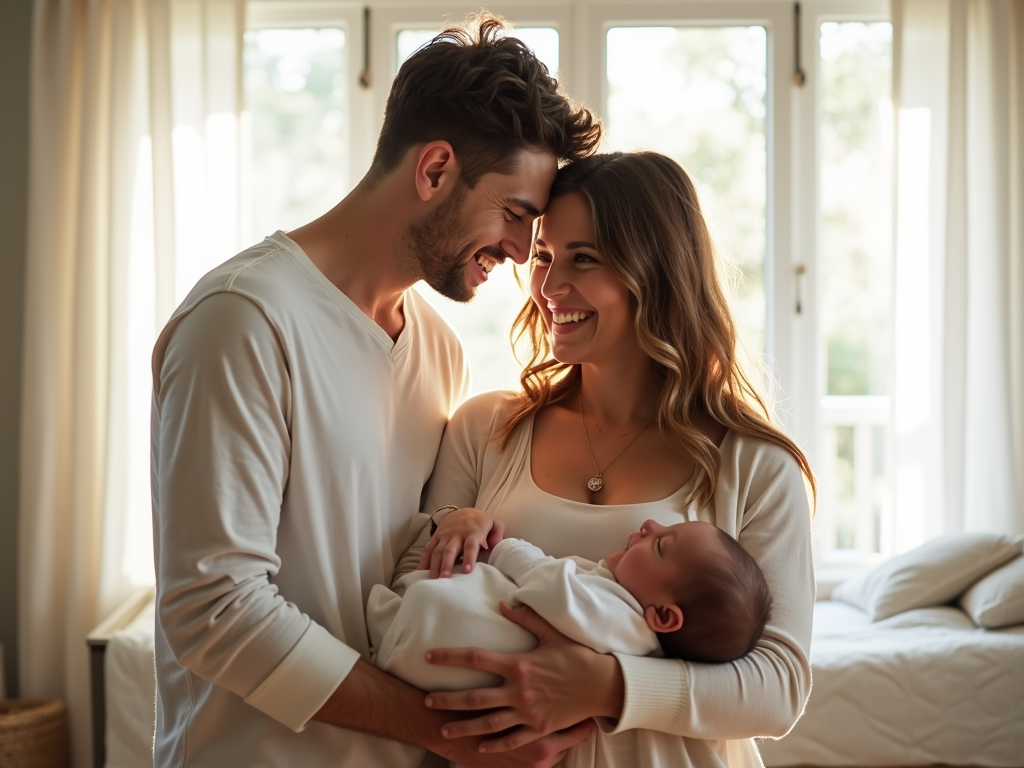Age and Fertility: How Time Affects Your Options
March 21, 2025, 10:20 a.m.
Age plays a big role in fertility for both men and women. As years go by, the ability to conceive naturally drops, and pregnancy risks rise. This article explores how time shapes your fertility options and what you can do about it.

For women, fertility begins to dip in their late 20s. By age 35, the decline speeds up. After 40, the chance of getting pregnant each month falls below 5%. This happens because women are born with a set number of eggs, and both quantity and quality decrease over time.
Men don’t face the same sharp cutoff, but age still matters. Sperm quality and count drop as men get older. After 40, the risk of genetic issues in babies increases. So, while men can have kids later, fertility isn’t timeless for them either.
Why does this happen? In women, eggs age alongside the body. Older eggs are more likely to have chromosomal problems, raising the risk of miscarriage or conditions like Down syndrome. For men, sperm production keeps going, but lifestyle and health can harm quality over time.

Thankfully, fertility preservation offers a way to press pause. Techniques like egg freezing, sperm freezing, and embryo freezing let people save their reproductive potential for later. This is a game-changer for those who want kids but aren’t ready yet.
Fertility preservation techniques for cancer patients are especially vital. Treatments like chemotherapy or radiation can destroy eggs and sperm. Freezing them beforehand gives survivors a shot at having biological kids after recovery.
Timing is key with fertility preservation and age. The younger you are, the better the results. Women who freeze eggs before 35 have higher success rates later. Men can benefit from early sperm freezing too, especially if they expect delays.
Consider Sarah, a 32-year-old who faced breast cancer. Before chemo, she froze her eggs. Now in remission, she’s grateful for that choice—it’s her chance at motherhood. Stories like hers show why acting early can matter so much.

Struggling with infertility can feel heavy. The ticking clock adds stress, and waiting month after month can wear you down. Talking to friends, family, or a counselor can help lighten the load.
Age isn’t the only factor. How you live counts too. Staying at a healthy weight, skipping cigarettes, and cutting back on alcohol can boost fertility. Stress management—like yoga or walks—helps keep your body ready.
Science has come a long way. Treatments like IVF (in vitro fertilization) and ICSI (intracytoplasmic sperm injection) help people conceive even as age creeps up. Pairing these with fertility preservation can make dreams real.

Here’s a look at the numbers: - Early 20s: Women’s fertility peaks. - Age 30: A slow decline begins. - Age 40: Less than 5% chance of conceiving monthly. For men, sperm quality dips after 40, raising risks for kids.
Fertility preservation isn’t cheap. Egg freezing might cost $10,000 to $15,000 per round. Sperm freezing is less, but costs add up. Check if insurance helps, and look into payment plans to make it work.
There’s more to think about than money. What happens to frozen embryos if someone passes away? Should they be used later? These questions don’t have easy answers, so talk them over with a specialist.
Age and Fertility: How Time Affects Your Options isn’t just a phrase—it’s a reality to face. Whether you’re planning ahead or dealing with infertility now, options exist. Preservation techniques and treatments offer hope, but starting early makes a difference.

In short, age shapes fertility, but you’re not powerless. Fertility preservation and modern treatments open doors. Take charge by learning your options and talking to experts. Time moves fast—your choices can keep pace.